

Do pipes need to be cleaned? This is an important question that plumbers and homeowners have to consider. Negatively, not all pipes need to be cleaned, but it depends on the situation at hand. For example, if a pipe has been clogged due to debris buildup, then cleaning will be necessary. However, if the pipe is simply leaking or corroded, it may not require any cleaning.
Hopkins is a suburban city in Hennepin County, Minnesota, United States, located west of Minneapolis. The population was 19,079 at the 2020 census.[2] The city is four square miles in size and is surrounded by the larger suburban communities of Minnetonka, Saint Louis Park, and Edina. The city's main street was added to the National Register of Historic Places in 2022.
According to the United States Census Bureau, the city has a total area of 4.11 square miles (10.64 km2), of which 4.08 square miles (10.57 km2) is land and 0.03 square miles (0.08 km2) is water.[6] There are several small ponds on the western side of Hopkins, and creeks to the north and south. One of these creeks includes Minnehaha Creek. The north branch of Nine Mile Creek has its headwaters in Hopkins at the intersection of 13th Avenue South and Excelsior Boulevard.
The southern end of Hopkins is adjacent to main line of the Twin Cities and Western Railroad. Two main highways, U.S. Route 169 and Minnesota State Highway 7, service the Hopkin's area.
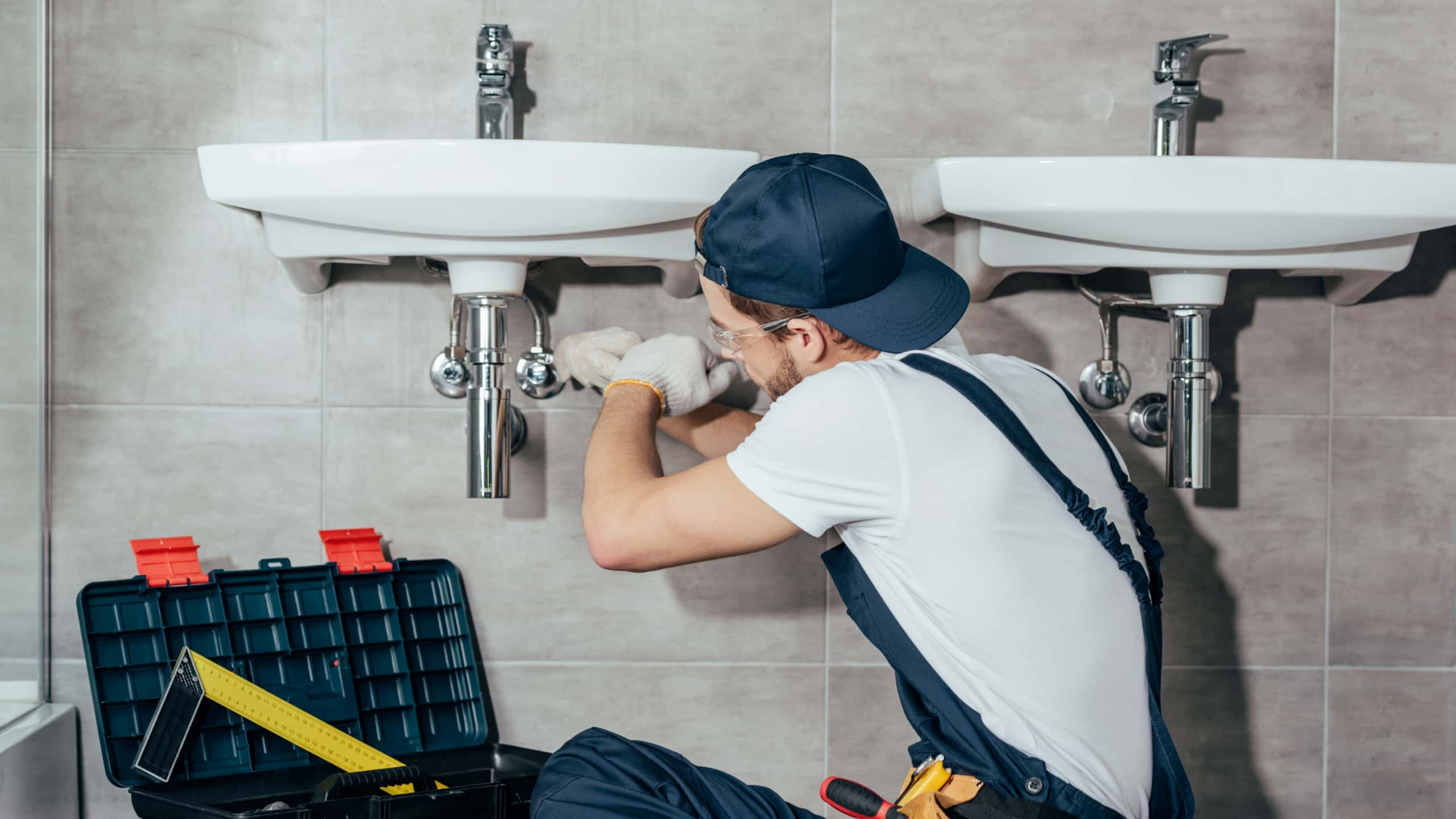
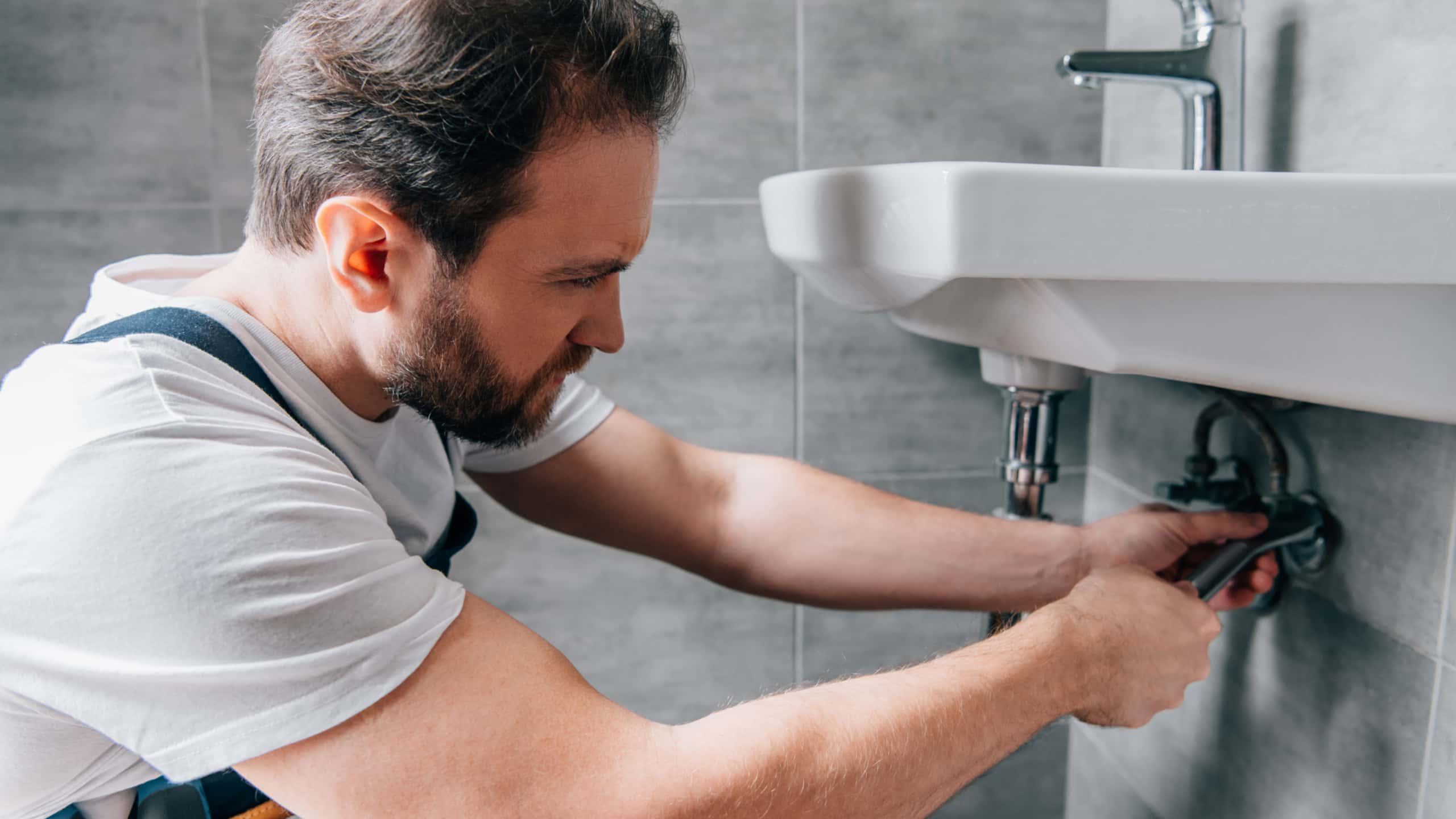
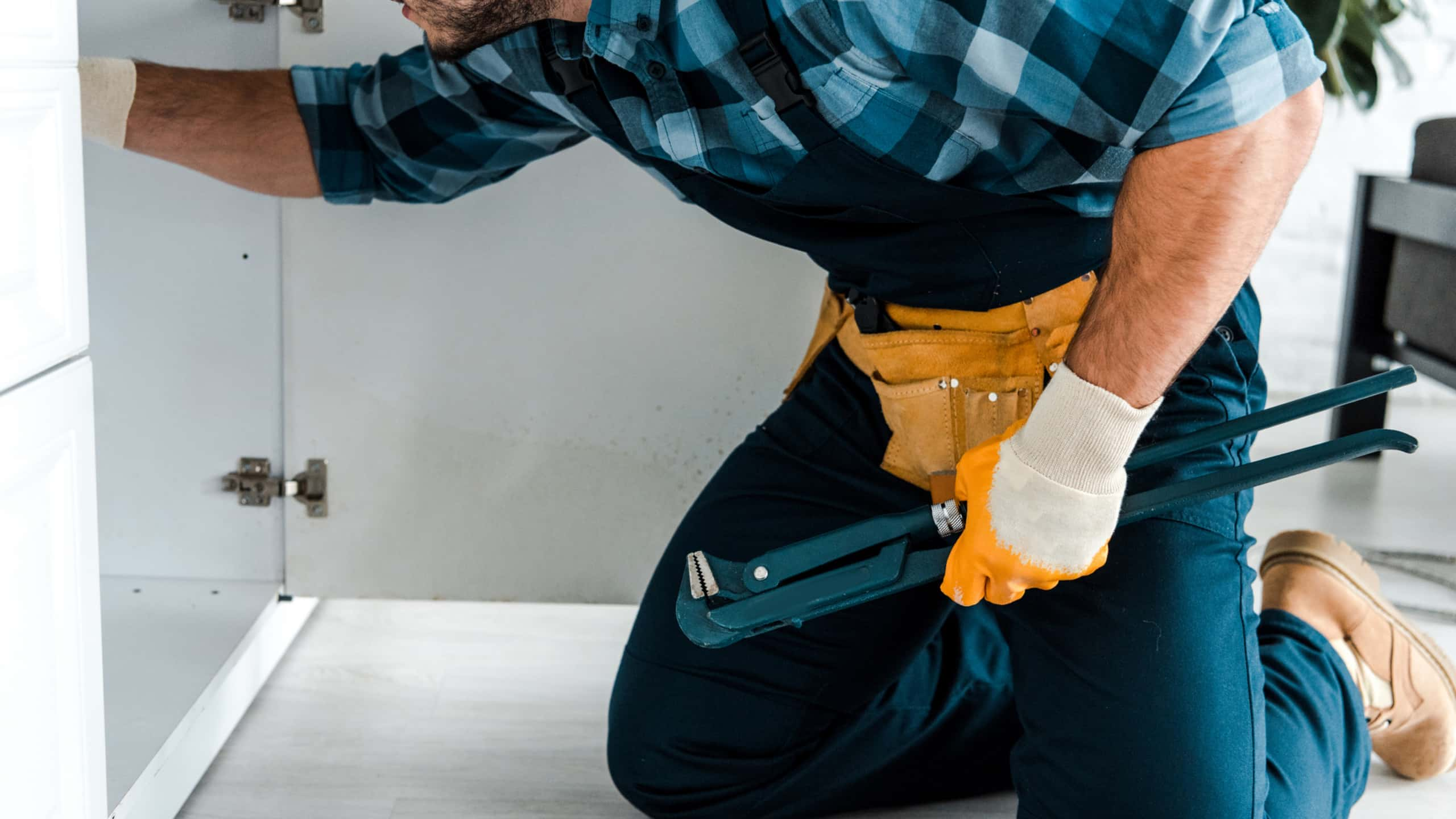
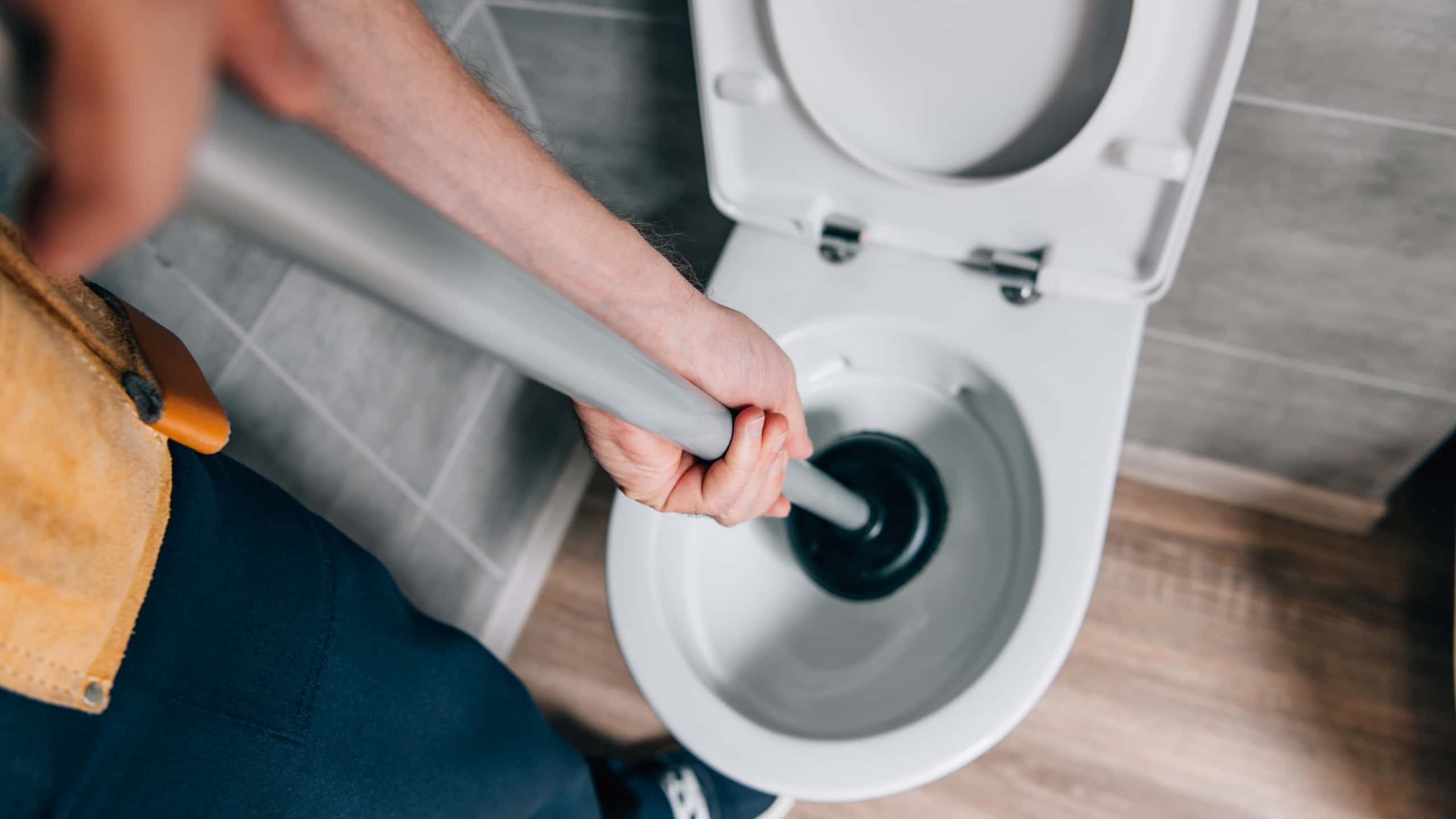
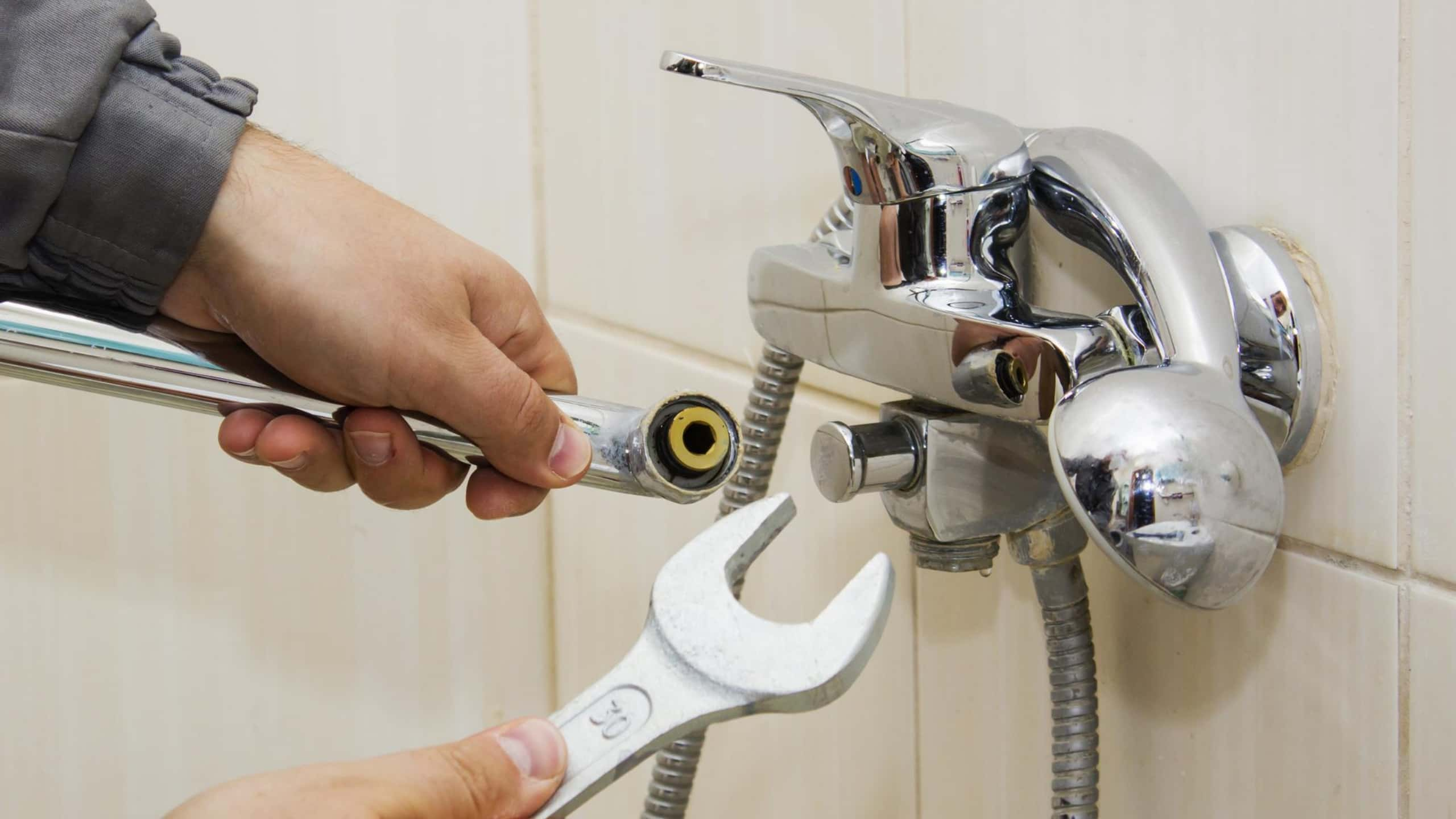
Plumbing maintenance is often overlooked, but it's essential for a healthy home. Cleaning your plumbing regularly can prevent costly repairs and keep your system functioning optimally. But how often do you need to clean plumbing?
Generally speaking, it depends on the type of plumbing you have and the usage frequency. For instance, if you have an older home with cast iron pipes then cleaning every 3-4 months would be wise. On the other hand, if your house has newer PVC pipes then twice a year should suffice. Additionally, if you use a water softener the resin tank must be cleaned at least once a year or more frequently depending on how hard your water is.
Moreover, certain areas in your house may require more frequent cleaning than others; for instance, the kitchen sink should be inspected and cleaned every month to ensure its proper drainage. Likewise, shower heads and faucets should also be checked monthly to make sure that they are free of debris or clogs. Lastly, drains should be cleared routinely to avoid any potential backups from occurring.
Plumbers are often seen as the unsung heroes of society, but most people don't realize just how much they have to put up with. Contrary to popular belief, plumbers do not get covered in poo on a regular basis. In fact, the majority of their work doesn't involve coming into contact with human waste at all. Instead, they spend much of their time fixing plumbing fixtures and unclogging drains.
Nevertheless, it is true that plumbers may occasionally need to handle poo while working on sewers or septic tanks. When this happens, they always use protective gear and make sure that no mess is left behind once the job is complete. Plus, modern technology has made it easier for plumbers to perform these tasks with minimal risk and discomfort - for both them and their clients!
Plumbers have to take good care of their tools in order to keep them in working condition and ensure safety. But how do they go about cleaning them? Well, there's no one-size-fits-all answer, but there are certain steps that many plumbers take in order to keep their tools clean and safe to use.
Firstly, plumbers typically don't utilize detergents or other harsh chemicals when cleaning their tools. Instead, they usually prefer using a damp cloth with some warm water and mild soap. This helps remove any dirt or grime without damaging the tool's finish or causing it to rust. Additionally, they may make use of an old toothbrush for hard-to-reach places.
Next, most plumbers will inspect their tools before drying them off and oiling any metal parts. This helps prevent corrosion from occurring and also ensures that the tool is functioning properly before putting it back into service. Furthermore, if necessary, they may even sharpen up edges on blades to give them a sharper cutting edge.